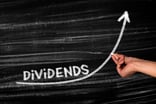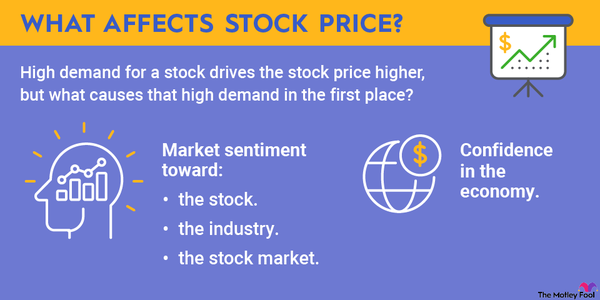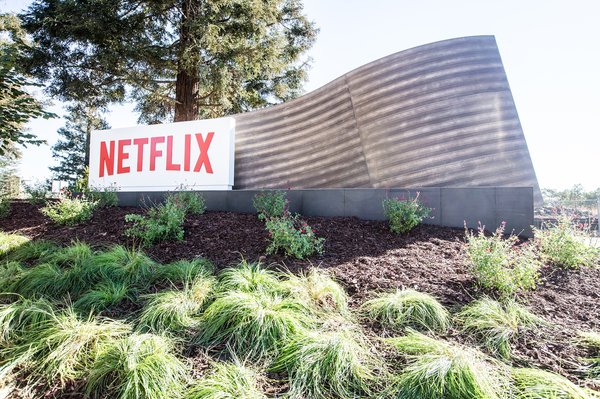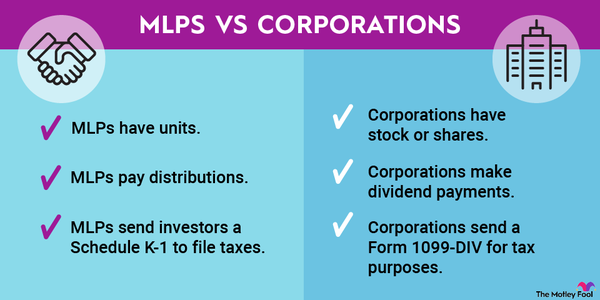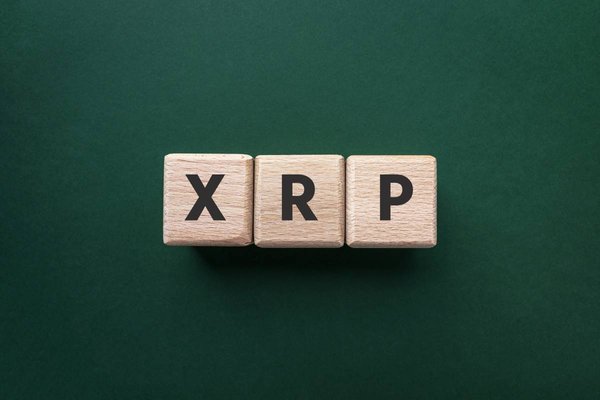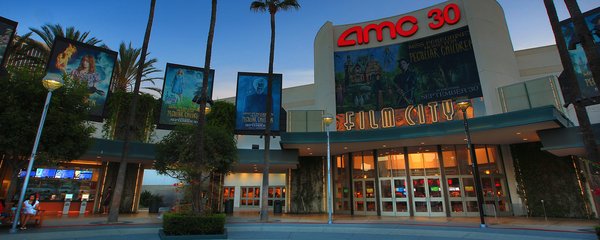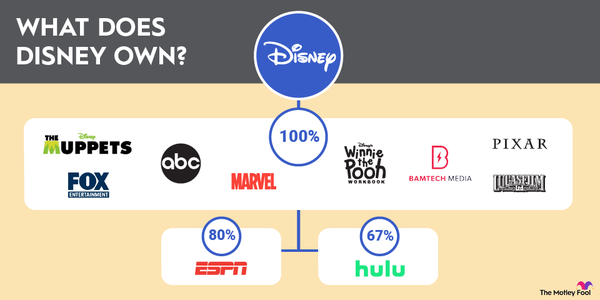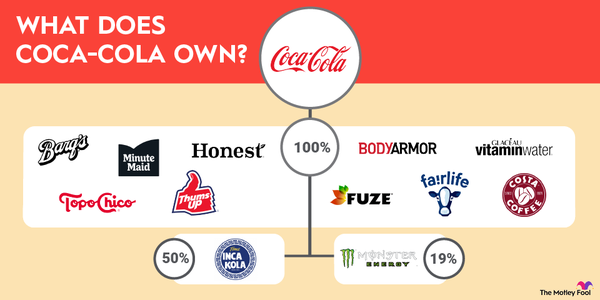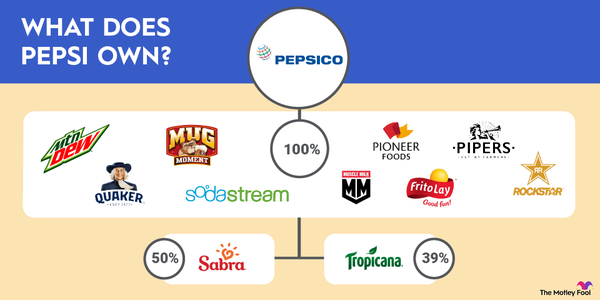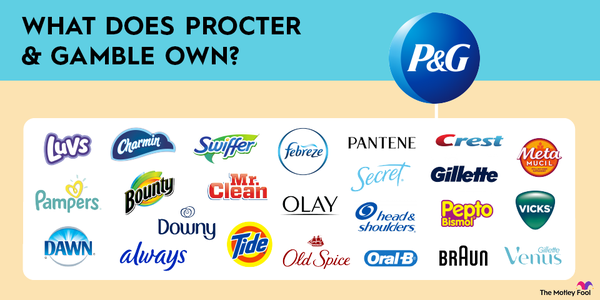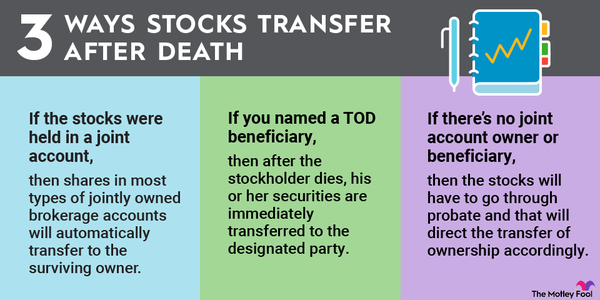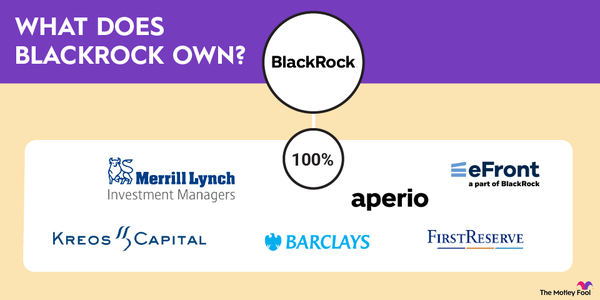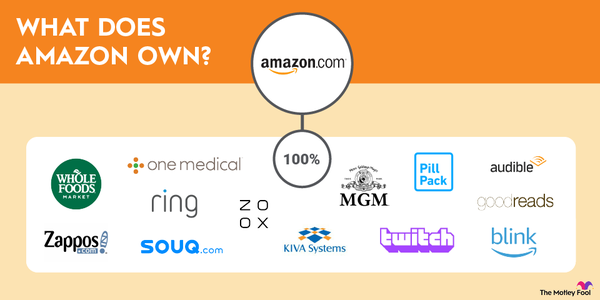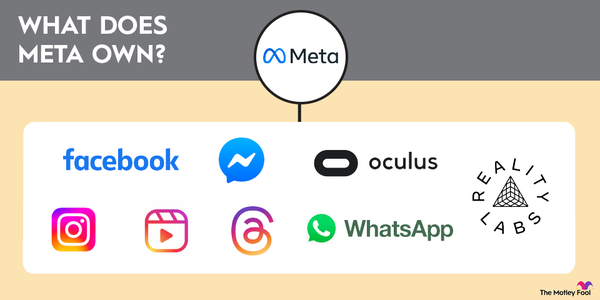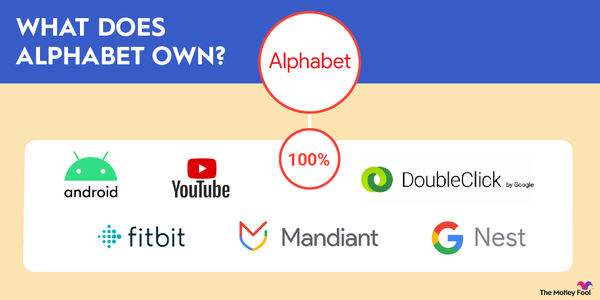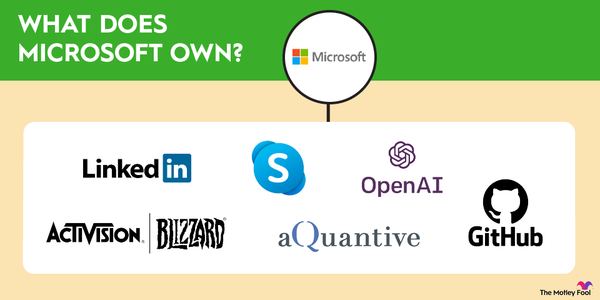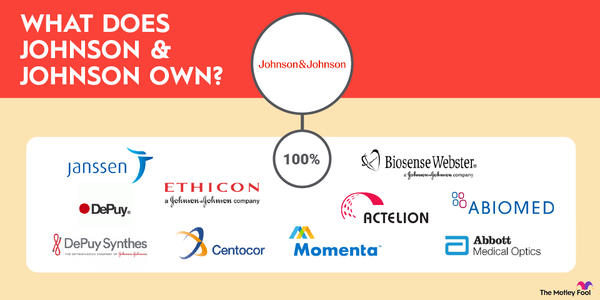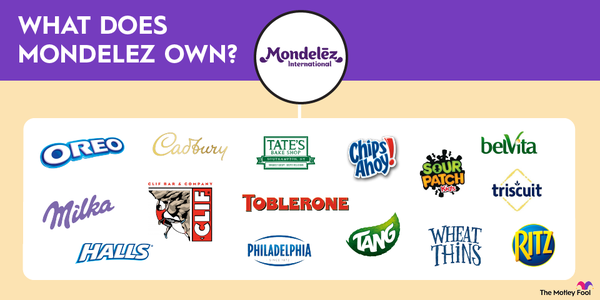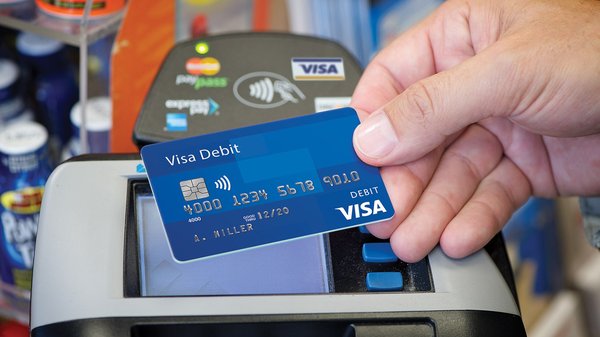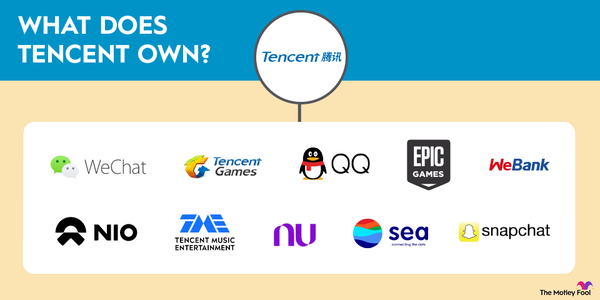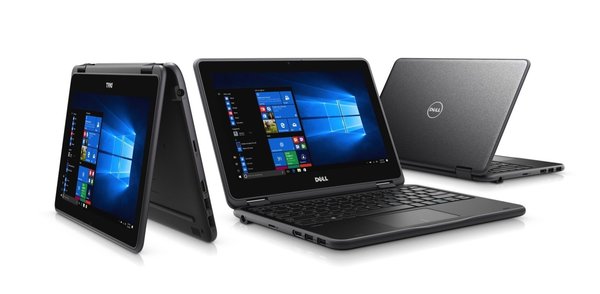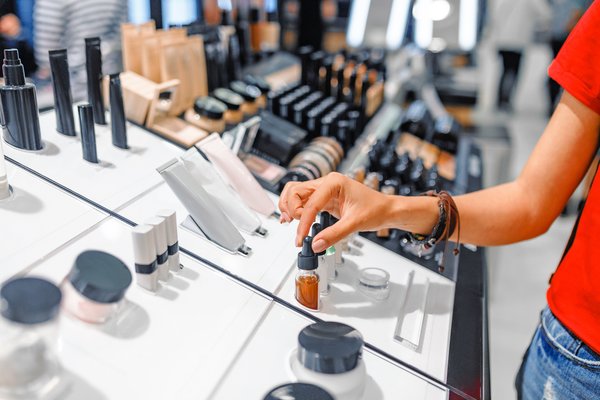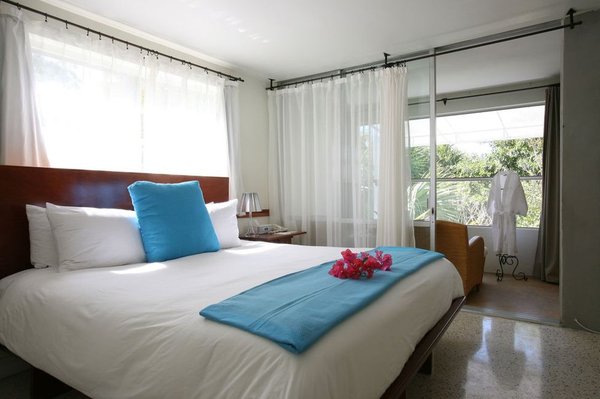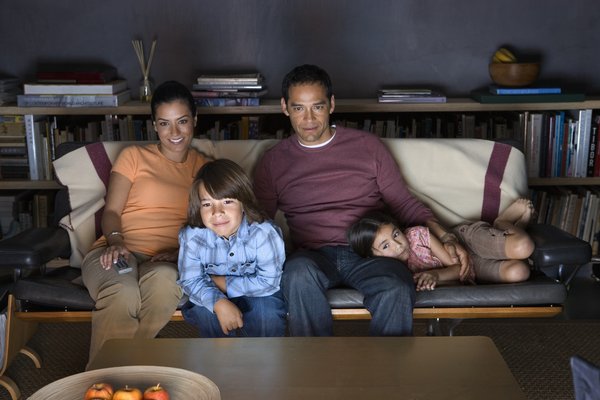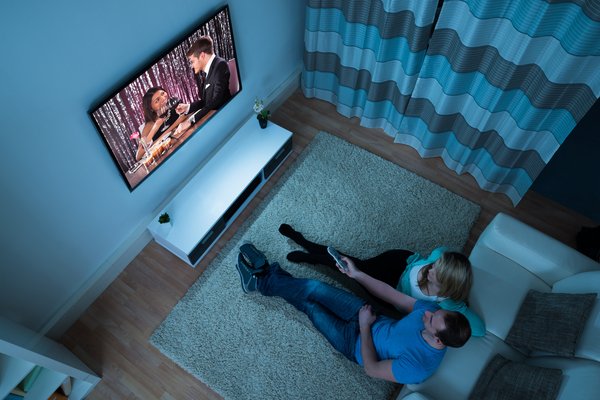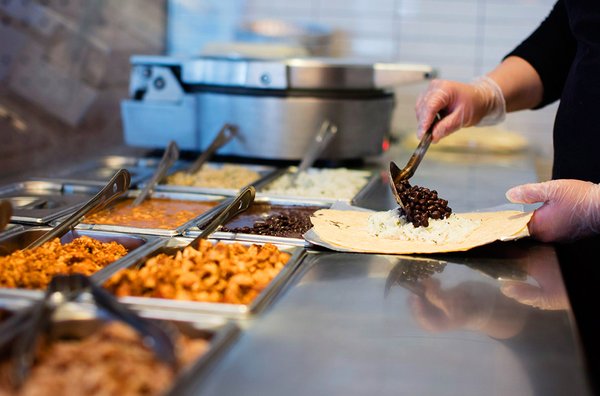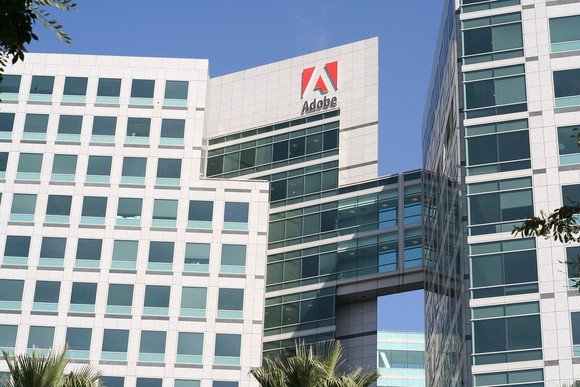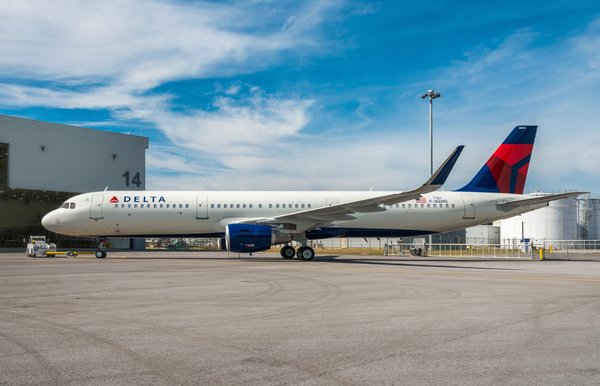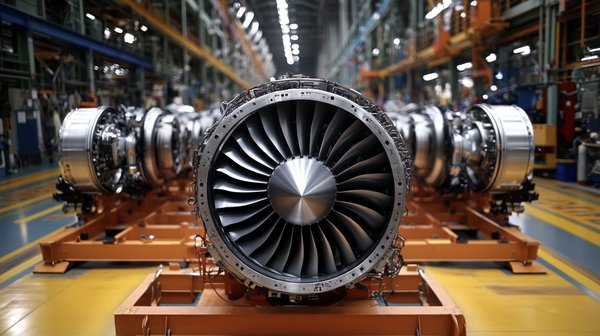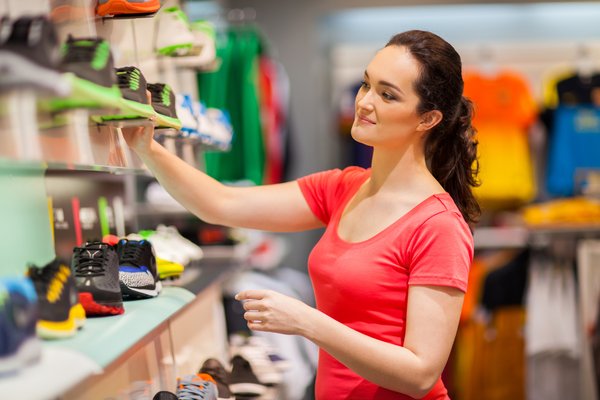Corona, the top-selling brand of imported beer in the United States, is produced in Mexico. However, the brand's ownership is less clear, with two multinational corporations responsible for its brewing, importation, and distribution. Read on to learn more about the beer and its ownership.
Overview
What is Corona?
Corona beer was introduced to the United States in 1976, but the beverage already had a lengthy history in neighboring Mexico. It was the first beer brewed by Grupo Modelo; barely a decade after its 1925 introduction, Corona was the best-selling beer in Mexico and became a particular favorite of U.S. tourists returning from resorts in Puerto Vallarta and Acapulco.
Anheuser-Busch bought a 17.7% stake in Modelo for $477 million in 1993 with options to increase its share of the company. Anheuser-Busch had increased its stake to 50% by 2008 when it was taken over by Belgian brewer InBev in a $52 billion deal. (InBev itself was created by a 2004 deal that combined Belgium-based company Interbrew and Brazilian brewer AmBev.) The new company, Anheuser Busch InBev (BUD 0.22%) became the world's largest brewer. It took over Modelo -- and ownership of Corona -- in 2012 in a $20.1 billion deal.
As part of the deal, an antitrust lawsuit filed by the U.S. Department of Justice forced AB InBev to divest Modelo's entire U.S. business. That included its beer licenses, a brewery in Piedras Negras on the Texas-Mexico border, and its interest in Crown Imports, which was responsible for distributing its beverages in the United States. The Modelo business was acquired for about $4.75 billion in 2013 by Constellation Brands (STZ 0.26%).
The 2013 deal meant that Corona would be distributed by different corporations, with Constellation distributing the beverage in the United States, and AB InBev -- which also owns Stella Artois, Budweiser, Lowenbrau, Michelob, and Modelo Especial -- licensed to sell the beer in the rest of the world.
According to a Statista survey, Corona Extra was the second-most-popular beer in the U.S. in 2024, with 32% of respondents favoring it. It trailed Bud Light (33%) while edging out Budweiser (31%).
Largest shareholders
Who are the largest Corona shareholders?
Since it's based in Belgium, AB InBev stock is traded primarily on the Euronext exchange, with secondary shares on the New York Stock Exchange (NYSE), as well as the Mexico and South Africa stock exchanges.
Some of the largest shareholders in Corona's parent company include:
- The Van Damme, de Mevius, and de Spoelberch families, which own 28.6% of AB InBev.
- Brazilian investment firm 3G Capital, which owns 22.7% of the company.
- BEVCO Lux Sarl, part of the Colombia-based Santo Domingo Group, which owns about 5.2% of AB InBev shares.
Shareholder
Other major shareholders in the AB InBev NYSE stock include:
- Dodge & Cox, which holds about 31.7 million of the 110.2 million total shares, worth about $1.9 billion.
- Fisher Asset Management, which claims 9.3 million shares worth about $555 million.
- The Manufacturers Life Insurance Company, with 9 million shares worth approximately $540 million.
- The Royal Bank of Canada (RY 0.83%), holding 6.2 million shares worth about $372.6 million.
- Citadel Advisors, with 4.5 million shares valued at roughly $268.4 million.
Board of directors
Who is on the board of directors for Corona?
AB InBev's board is composed of four independent directors: eight directors appointed by the Dutch foundation Stichting Anheuser-Busch InBev, which represents the interests of the Belgian founding families of the company and the interests of the Brazilian families who held AmBev shares, and three members appointed by the restricted shareholders:
Board of Directors
Lynne Biggar, independent board member. She is a senior advisor at the Boston Consulting Group and is an independent board director of Voya Financial (VOYA 0.7%), a health, wealth, and investment company, and Finastra, a financial software company. Biggar was executive vice president and global chief marketing officer at Visa (V 0.9%) from 2016 to 2022. She spent more than 20 years at American Express (AXP 1.9%) in a variety of leadership positions.
M. Michele Burns, independent board member. Burns was the chairman and chief executive officer of Mercer LLC from 2006 until 2012. She currently serves on the boards of directors of Goldman Sachs Group (GS 2.19%), Cisco Systems (CSCO 1.54%), Etsy (ETSY -0.58%), and Circle Online Financial, a private company. From 2003 until 2013, she served as a director of Walmart (WMT -1.24%). From 2014 until 2018, she served on the board of Alexion Pharmaceuticals. In 1999, she joined Delta Air Lines (DAL 0.91%), assuming the role of chief financial officer from 2000 to 2004. From 2004 to 2006, Ms. Burns served as chief financial officer and chief restructuring officer of Mirant Corp., an independent power producer.
Aradhana Sarin, independent board member. Sarin has been executive director and chief financial officer of AstraZeneca (AZN 1.41%) since August 2021. Previously, she was chief financial officer of Alexion, a rare disease biopharmaceutical company. Prior to Alexion, she was managing director of corporate and investment banking at Citi Global Healthcare Banking (C 1.12%), managing director of healthcare investment banking at UBS (UBS -0.1%), and worked at JPMorgan Chase (JPM 1.99%) in the mergers & acquisitions advisory group.
Dirk Van de Put, independent board member. Van de Put has been chairman and CEO of Mondelēz International (MDLZ 0.2%) since 2017. He joined Mondelēz from McCain Foods Limited, the largest marketer and manufacturer of frozen French fries, potato specialties, and appetizers, where he was president and CEO since 2010. Before joining McCain, he was president of the global OTC division of Novartis (NVS 0.35%). In the first 15 years of his career, he held many sales and marketing roles in Europe and Latin America for Mars Inc., as well as Coca-Cola (KO 0.16%), where he served as president of Coca-Cola Caribbean.
Sabine Chalmers, main shareholder representative. Chalmers is the general counsel of BT Group plc (OTCMKTS:BTGO.F). Prior to joining BT, she was the chief legal and corporate affairs officer and secretary to the board of directors of AB InBev, a role she held from 2005 to 2017. She joined AB InBev after 12 years with Diageo plc (DEO -1.39%), where she held several senior legal positions, including general counsel of the Latin American and North American businesses.
Paul Cornet de Ways Ruart, main shareholder representative. From 2006 to 2011, he worked at Yahoo! and was in charge of corporate development for Europe before taking on additional responsibilities as senior financial director for the audience and chief of staff. Prior to joining Yahoo!, Cornet spent seven years with McKinsey & Company in London and Palo Alto, California.
Paulo Alberto Lemann, main shareholder representative. Lemann performed equity analysis while at Banco Marka and Dynamo Asset Management (both in Rio de Janeiro). From 1997 to 2004, he developed the hedge fund investment group at Tinicum Inc., a New York-based investment office that advised the Synergy Fund of Funds, where he served as portfolio manager. Lemann is a founding partner at Vectis Partners.
Nitin Nohria, main shareholder representative. Nohria started his career as a faculty member of Harvard Business School in 1988 and served as its dean from 2010 to 2020. He is currently partner and executive chairman of Thrive Capital, a venture capital firm. Nohria also serves on the boards of directors of The Bridgespan Group, Mass General Brigham, and Rakuten Medical.
Heloisa Sicupira, main shareholder representative. She previously served on the board of São Carlos Empreendimentos S.A. from 2018-21. Sicupira began her career in 2011 as a lawyer specializing in capital markets. Since 2017, she has been an investment analyst and portfolio manager at LTS Investments. Before that, she was an investment analyst at MSD Capital.
Grégoire de Spoelberch, main shareholder representative. De Spoelberch is an active private equity shareholder. His recent activities include shared CEO responsibilities for Lunch Garden, the leading Belgian self-service restaurant chain. He is a member of the board of several family-owned companies, such as Eugénie Patri Sébastien S.A., Verlinvest, and Cobehold (Cobepa).
Alexandre Van Damme, main shareholder representative. Van Damme joined the beer industry early in his career and held various operational positions within Interbrew until 1991, including head of corporate planning and strategy. He has managed several private venture holding companies and is currently a director of several family-owned companies, such as Patri S.A. (Luxembourg). He is a member of the board of the Kraft Heinz Co. (KHC 1.4%).
Martin J. Barrington, restricted shareholder representative. He is the retired chairman, CEO, and president of Altria Group (MO 1.6%). During his 25 years at Altria Group, he served as vice president, executive vice president, and chief administrative officer, and as senior vice president and general counsel of Philip Morris International (PM 1.68%) and Philip Morris USA.
Salvatore Mancuso, restricted shareholder representative. He is executive vice president and chief financial officer for Altria Group. Previous senior roles for Altria Group include senior vice president, finance and procurement, and treasurer and vice president, investor relations, and accounting.
Alejandro Santo Domingo, restricted shareholder representative. He is the senior managing director at Quadrant Capital Advisors, Inc. He was a member of the Board of SABMiller Plc until 2016, where he was also vice-chairman of SABMiller Plc for Latin America. He is board chairman of Bavaria S.A. in Colombia and Valorem, a company that owns a diverse portfolio of industrial and media assets in Latin America. He is also a director of Life Time Group Holdings (LTH 0.27%). He is an owner and operator of fitness centers in the United States and Canada; Florida Crystals, the world’s largest sugar refiner; Organización Decameron, a leading owner and operator of hotels in Latin America and the Caribbean; Caracol TV, Colombia’s leading broadcaster; El Espectador, a leading Colombian newspaper; and Cine Colombia, Colombia’s leading film distribution and movie theatre company.
How to invest
How to invest in Corona
To buy shares of Anheuser-Busch InBev, you’ll need a brokerage account. If you still need to open one, these are some of the best-rated brokers and trading platforms. Here's a step-by-step guide to buying AB InBev stock using the five-star-rated platform Fidelity.
Fidelity makes it easy to buy stocks. Its website offers a video tutorial and a step-by-step guide. Here's a screenshot of how to place a stock trade with Fidelity:
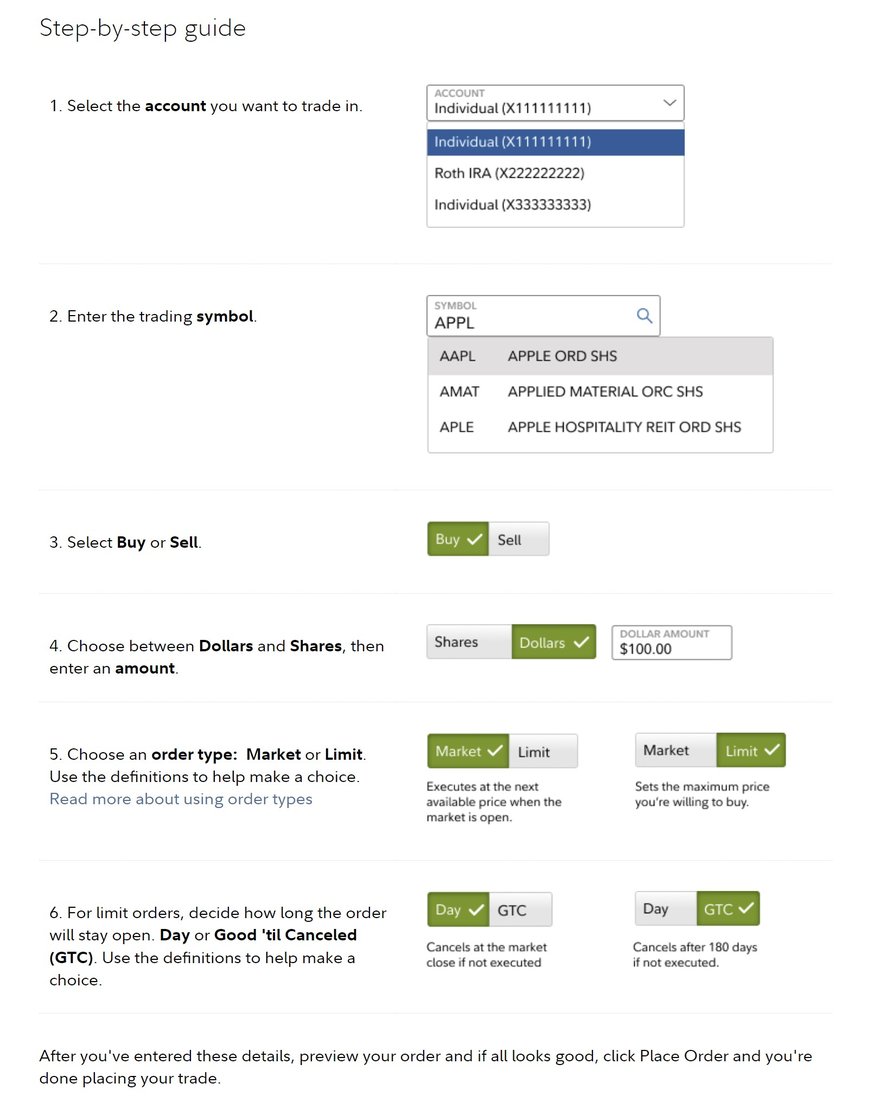
On this page, fill out all the relevant information, including:
- The number of shares you want to buy or the amount you want to invest to purchase fractional shares.
- The ticker symbol (Bud for AB InBev).
- Whether you want to place a limit order or a market order. Know the difference between a market order and a limit order: The Motley Fool recommends using a market order since it guarantees you buy shares immediately at the market price.
Before you hit the "Place Order" button, figure out your budget. Are you in a position to invest in the market? Have you paid down high-interest credit card balances and created an emergency fund? How much can you spend? Do you want to buy all your shares at once or periodically, with dollar-cost averaging? These are all very good questions for investors to ask – and answer.
Related investing topics
Next, do your homework. You may want to skip AB InBev stock if:
- You think alcohol and beer consumption has peaked.
- You believe the company is too focused on certain products.
- You think AB InBev share prices are too high.
On the other hand, you may want to go ahead and buy AB InBev stock if:
- You think the U.S. beer sales will pick up again.
- You believe Corona and other AB InBev imported beers will continue to take a large share of the U.S. market.
- You think AB InBev stock is undervalued.
As with any other investment, there’s a short answer to why you might consider investing in this stock: It depends. Factors that might affect your decision include the level of your portfolio diversification, personal risk tolerance, company and industry knowledge, and assessment of AB InBev's competitive position.
If you've decided the pros of investing in the company outweigh the cons, then complete the order page, click the "Place Order" button at the bottom, and become an AB InBev shareholder.
FAQ
Who owns Corona? FAQ
Is Corona owned by Budweiser?
Both brands are owned by Anheuser-Busch InBev, a multinational conglomerate.
Is Corona still Mexican-owned?
No. Corona is owned by a multinational conglomerate.
What beer does Anheuser-Busch InBev own?
Brands that AB InBev owns include Budweiser, Stella Artois, Lowenbrau, Michelob, and Modelo Especial.
What beer does Constellation Brands own?
Constellation Brands distributes Corona, Modelo Especial, Negra Modelo, and Pacífico in the United States.






